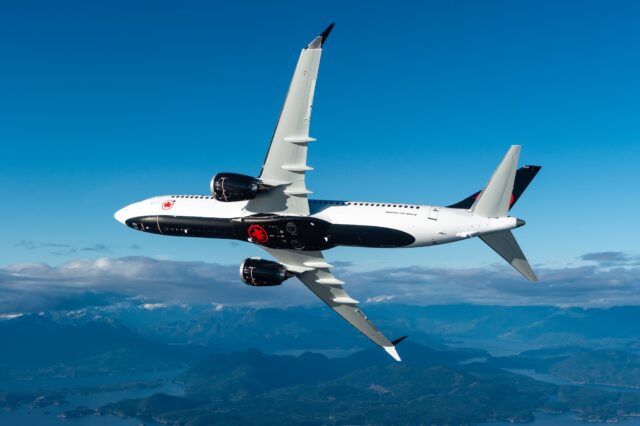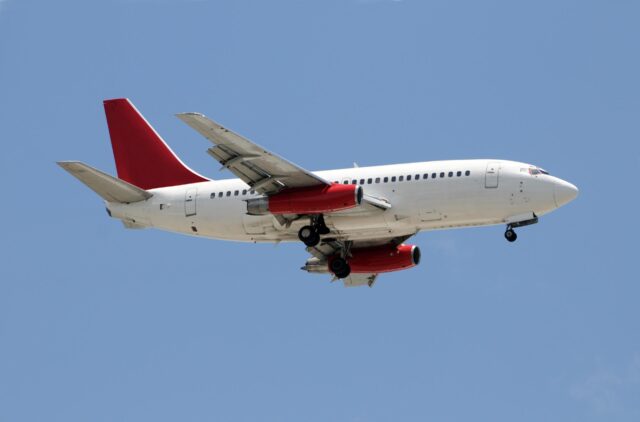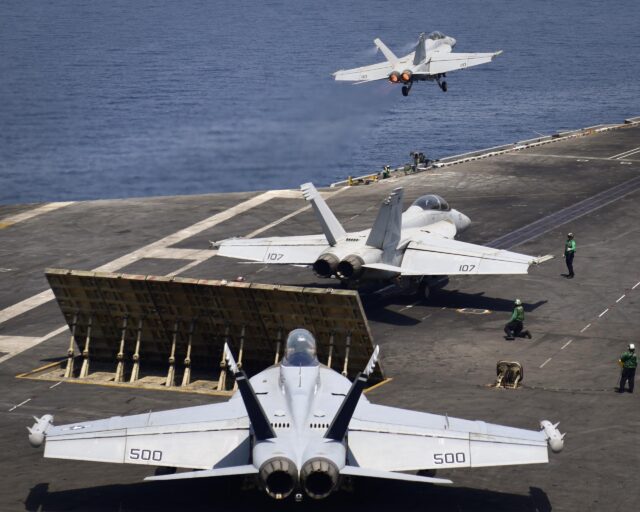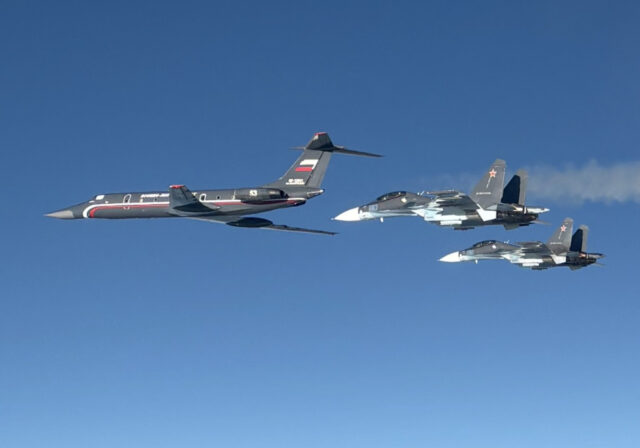JETKA announces selection of ZeroAvia’s technology
July 23, 2024

JETKA, based in Switzerland, has chosen ZeroAvia’s fuel cell technology for its PHA-ZE 100 amphibious aircraft, increasing the payload by up to one tonne and increasing flight range by up to 500 or 600km. Operating and maintenance costs can also decrease with a hydrogen fuel cell, supporting a life of up to 20,000 hours.
The two companies plan to work closely to develop and certify an integrated PGS, including inverters, a hydrogen tank and fuel system, and other electric components. “By working with ZeroAvia and defining a suitable fuel cell system, we can offer our potential operator clients the choice of two fuel sources, said George Alafinov, CEO of JEKTA Switzerland. The hydrogen option is a viable alternative to electric battery power that promises an increase in aircraft range, fitting for operators serving longer regional routes. Electric battery power, however, is suitable for shorter range missions and regions where electric power is more cost effective and accessible.
Val Miftakhov, CEO of ZeroAvia, added, “We are noting a resurgence in the seaplane market, and we’re excited to work with an innovative company that is leading and shaping the future of amphibious aviation. We see the huge potential for creating zero-emission amphibious flights, and we believe hydrogen-electric propulsion will play a big role in this market.”
ZeroAvia current flies a prototype of its hydro-electric powertrain (ZA600) in a 19-seat testbed aircraft. It has a range of flexible low-temperature proton exchange membrane (LTPEM) PGS solutions and novel high-temperature PEM (HTPEM) fuel cells for hydrogen-electric aerospace applications.
















